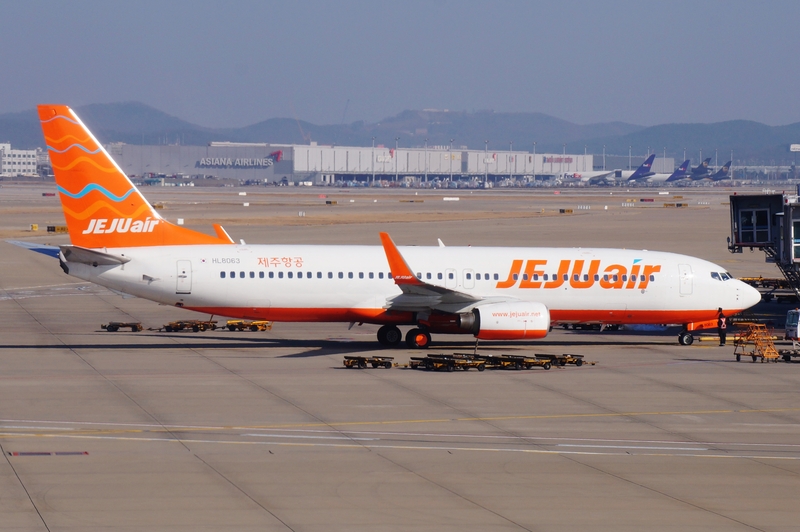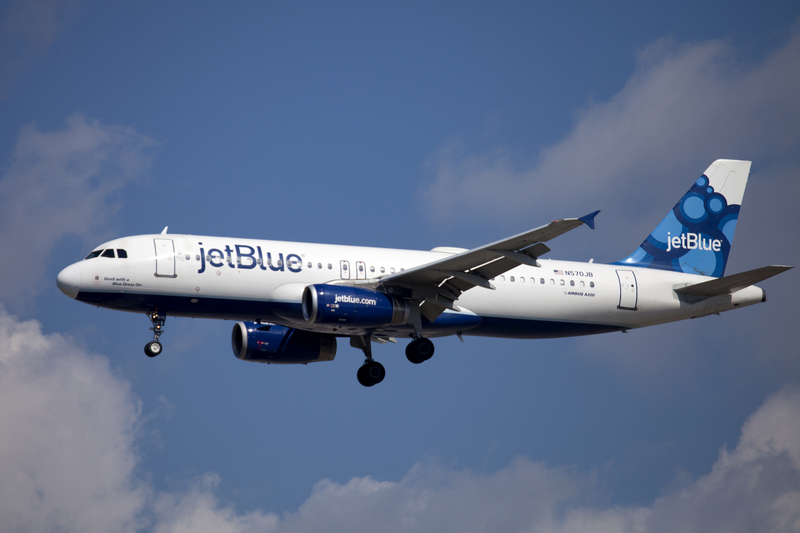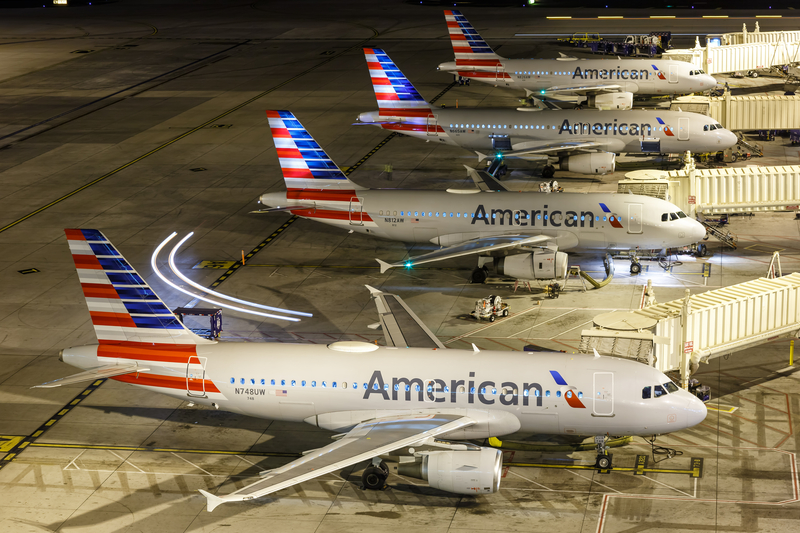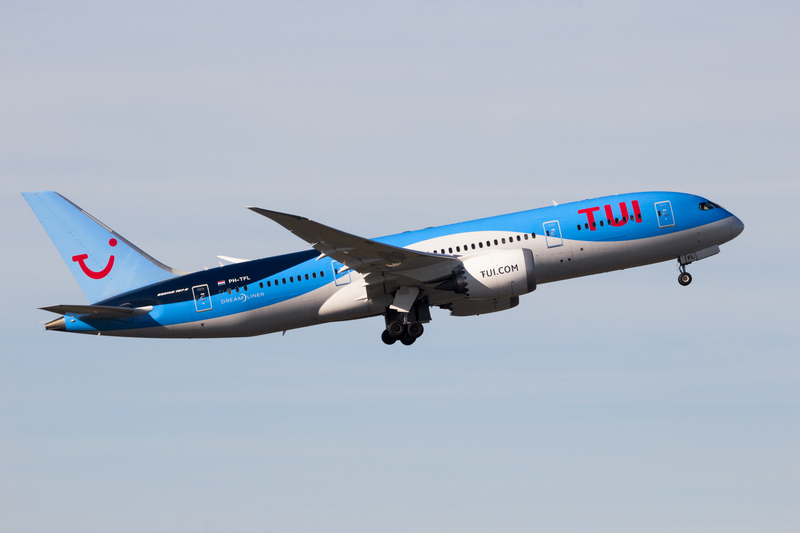Tragic Jeju Air Crash Claims Over 100 Lives in South Korea

ID 82792331 © Eq Roy | Dreamstime.com
A Jeju Air flight crash-landed at Muan International Airport (MWX), South Korea, resulting in one of the country’s deadliest aviation disasters in nearly three decades. The incident occurred on December 29, 2024, when a Boeing 737-800, registered as HL8271, en route from Bangkok Suvarnabhumi Airport (BKK) to MWX, failed to execute a safe landing under adverse conditions.
Incident Details and Investigation Progress
The flight was nearing its destination when it reportedly encountered severe difficulties during descent. Preliminary reports suggest the aircraft performed a belly landing, skidded off the runway, and collided with a barrier wall at the end of the tarmac. The impact caused a catastrophic fire that engulfed the plane, leaving 124 passengers and crew among the 181 onboard fatally injured. Survivors were immediately rushed to local hospitals, many in critical condition.
Investigators from South Korea’s Ministry of Land, Infrastructure, and Transport (MOLIT) are collaborating with the aircraft’s manufacturer, Boeing, to determine the root cause. Early speculations include possible bird strikes or weather-related factors, as fog and low visibility were reported in the area at the time of the incident. The crash site remains cordoned off, and the cockpit voice recorder (CVR) and flight data recorder (FDR) have been recovered for analysis.
Safety and Operational Implications
Jeju Air, a major low-cost carrier in South Korea, has grounded its remaining Boeing 737-800 fleet for immediate inspections. The airline, widely known for its extensive domestic and regional network, operates primarily with a fleet of 737 variants. The incident raises broader concerns about operational safety and emergency protocols, especially for budget carriers operating high-frequency routes.
Muan International Airport (MWX), located in South Jeolla Province, has faced scrutiny for its preparedness to handle large-scale emergencies. Aviation experts are urging enhanced disaster response mechanisms for regional airports that serve increasing international traffic.
The Broader Aviation Context
This accident stands as a somber reminder of the importance of stringent safety regulations and continuous operational assessments within the aviation industry. It also underscores the challenges pilots face during adverse weather conditions, particularly at secondary airports with limited visibility aids.
Jeju Air has issued a statement expressing its condolences to the victims’ families and pledging full cooperation with the ongoing investigation. The airline’s leadership has promised to prioritize passenger safety and operational integrity as it navigates this crisis.



